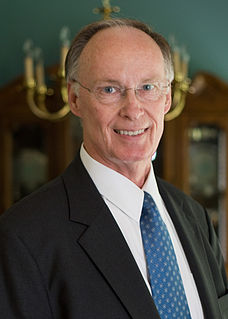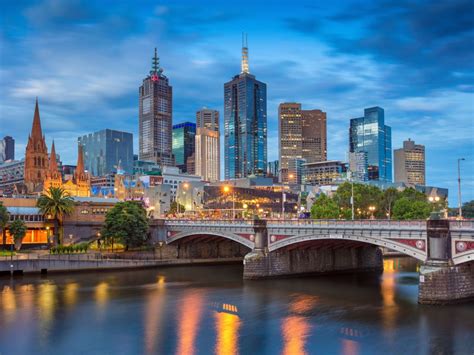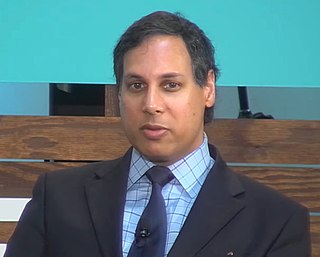A Quote by Robert J. Bentley
If you start free trade with a Communist country, allow them to develop their own businesses, they don't remain communistic. They become a free society when they're able to make money themselves, and we increase trade with them and allow them to really produce products.
Related Quotes
The fact is that many countries that call themselves free succumbed to medical dictatorship...people are sicker and less healthy...A country which mandates vaccination is not a free country...It is a country of zombies who do what they are told by vested interests who intimidate them and use them to make money.
The way the Europeans work, most girls get paid by their federation; their country pays them. Essentially the federations say go represent our country, race on whatever trade team you want, and here's your money. So you don't really make you're money on trade teams. Europeans make money through their country's federation. There's not a lot of money for women in cycling in Europe either.
We are already well down the road toward a managed-trade regime. It would be far better to acknowledge that reality, and seek a set of reasonable rules, than to pretend that Ricardian trade is the norm and allow mercantilist states to overwhelm U.S. industry and ratchet down wages, in the name of free trade.
It is necessary to be able to withstand all this, to agree to any and every sacrifice, and even - if need be - to resort to all sorts of stratagems, manoeuvres and illegal methods, to evasion and subterfuges in order to penetrate the trade unions, to remain in them, and to carry on Communist work in them at all costs.
Hillary Clinton's position on policy on markets and trade is very plain, which is we'll do trade deals but only if they meet three criteria, increase American jobs and wages and are they good for national security. If they are and if we can enforce them, then trade deals are okay. If not, we can't embrace them.
Books seem to me to be pestilent things, and infect all that trade in them...with something very perverse and brutal. Printers, binders, sellers, and others that make a trade and gain out of them have universally so odd a turn and corruption of mind that they have a way of dealing peculiar to themselves, and not conformed to the good of society and that general fairness which cements mankind.
The issue here really is not whether international trade shall be free but whether or not it makes any sense for a country - or, for that matter, a region - to destroy its own capacity to produce its own food. How can a government, entrusted with the safety and health of its people, conscientiously barter away in the name of an economic idea that people's ability to feed itself? And if people lose their ability to feed themselves, how can they be said to be free?
If the white man wants to live in peace with the Indian, he can live in peace. Treat all men alike. Give them all the same law. Give them all an even chance to live and grow. All men were made by the same Great Spirit Chief. They are all brothers. The Earth is the mother of all people, and all people should have equal rights upon it. Let me be a free man, free to travel, free to stop, free to work, free to trade where I choose, free to choose my own teachers, free to follow the religion of my fathers, free to think and talk and act for myself, and I will obey every law, or submit to the penalty.
As South Korea shows, active participation in international trade does not require free trade. Indeed, had South Korea pursued free trade and not promoted infant industries, it would not have become a major trading nation. It would still be exporting raw materials (e.g., tungsten ore, fish, seaweed) or low-technology, low-price products (e.g., textiles, garments, wigs made with human hair) that used to be its main export items in the 1960s.
How then shall they have the play-games you allow them, if none must be bought for them?" I answer, they should make them themselves, or at least endeavour it, and set themselves about it. ...And if you help them where they are at a stand, it will more endear you to them than any chargeable toys that you shall buy for them.






























